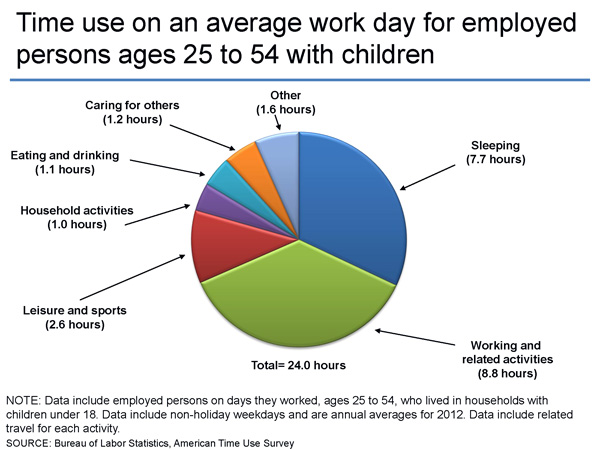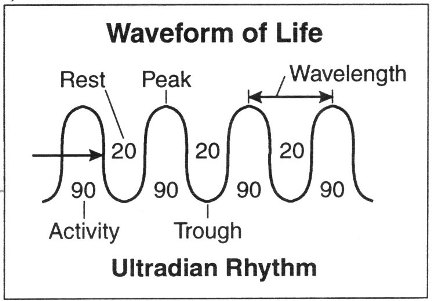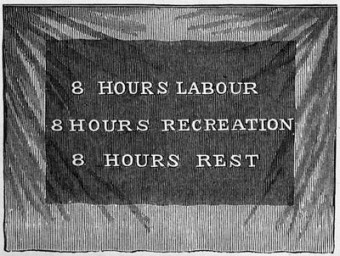About
A page of work day activity
Articles Related
Tracking
There are a few benefits to tracking work time but the main benefits boil down to transparency and reporting.
- how much “small changes” really cost .
Show me somebody who works 70 hours and I will show you somebody who could get 98% of the results in 60h, 95% in 50h, and 90% in 40h.
Use
Energy
Schwartz explains that as humans we have four different types of energies to manage every day:
- Your physical energy – how healthy are you? (We've written about that part before)
- Your emotional energy – how happy are you?
- Your mental energy – how well can you focus on something?
- Your spiritual energy – why are you doing all of this? What is your purpose?
Rythm
As humans, we are distinctly different from machines. At the core, this means that machines move linearly and humans move cyclically.
Ultradian Rythm Our human minds can focus on any given task for 90-120 minutes. Afterwards, a 20-30 minute break is required for us to get the renewal to achieve high performance for our next task again.
What can I get done in a 90 min session: The core of a productive work day: Focus
Productivity / Energy
How long the average person works every day has little to do with how efficient or productive. How many hours we work every day is barely important in today's creative economy. “Manage your energy, not your time.”
What can I get done in a 90 min session: The core of a productive work day: Focus
Zero Notification
turn off every digital element that could become an alert.
8 hour work days
Why a Typical Work Day is Eight Hours Long
In the late 18th century, when companies started to maximize the output of their factories, getting to running them 24/7 was key. To make things more efficient, people had to work more. In fact, 10-16 hour days were the norm.
These incredibly long work days weren't sustainable and soon a brave man called Robert Owen started a campaign to have people work no more than 8 hours per day. His slogan was “Eight hours labour, eight hours recreation, eight hours rest.”
One of the first businesses to implement this was the Ford Motor Company, in 1914, which not only cut the standard work day to eight hours, but also doubled their worker's pay in the process. To the shock of many industries, this resulted in Ford's productivity off of these same workers, but with fewer hours, actually increasing significantly and Ford's profit margins doubled within two years. This encouraged other companies to adopt the shorter, eight hour work day as a standard for their employees.
The reason we work 8 hours a day, isn't scientific or much thought out. It's purely a century old norm for running factories most efficiently.
Extra hours
Documentation / Reference
- People, organizations, and process improvement IEEE link - The authors report on two experiments to discover how developers spend their time.



